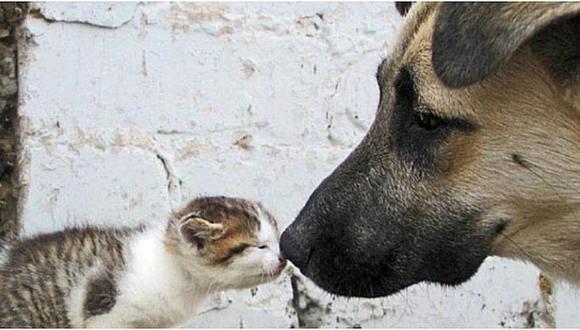
By Andres Kogan Valderrama
HAVANA TIMES – According to a joint study realized by the Universidad del Alba in Santiago, Chile, and the Association of Chilean Municipalities, 66.3% of Chile’s municipalities have a structure set up for applying the “Ley Cholito,” or Law for Responsible Pet Ownership; 79.9% already have related town ordinances in place. However, 34% of the townships do not have a department dedicated to the supervision of responsible pet ownership.
The realities in the municipalities are troubling to those of us to who consider the care of dogs and cats fundamental, especially those of us who are rescuers and who daily see mistreated and abandoned dogs and cats in the streets, or those who’ve been run over. These realities are the consequence of people who still don’t empathize with these animals’ suffering, combined with an institutional structure that is still very weak and not up to dealing with the circumstances.
It’s true that many cities have progressed in their veterinary services, especially vaccination and sterilization, and also in the implanting of microchips and the National Pet Registry, as well as in kennels, adoption agencies. However, those advances haven’t been accompanied by a system to really assure responsible pet ownership, where everyone has the obligation of caring for the dogs and cats, and it isn’t left merely up to each person’s individual will.
Due to that lack, there are many organizations dedicated to rescuing as many as possible of the innumerable lost dogs and cats, sometimes in the worst condition, or dead, due to the irresponsibility and indifference of people who see pets as simple objects and adornments, instead of feeling beings that deserve to have certain legal rights and be considered subjects of public policy.
It’s true, the municipalities can say they have


